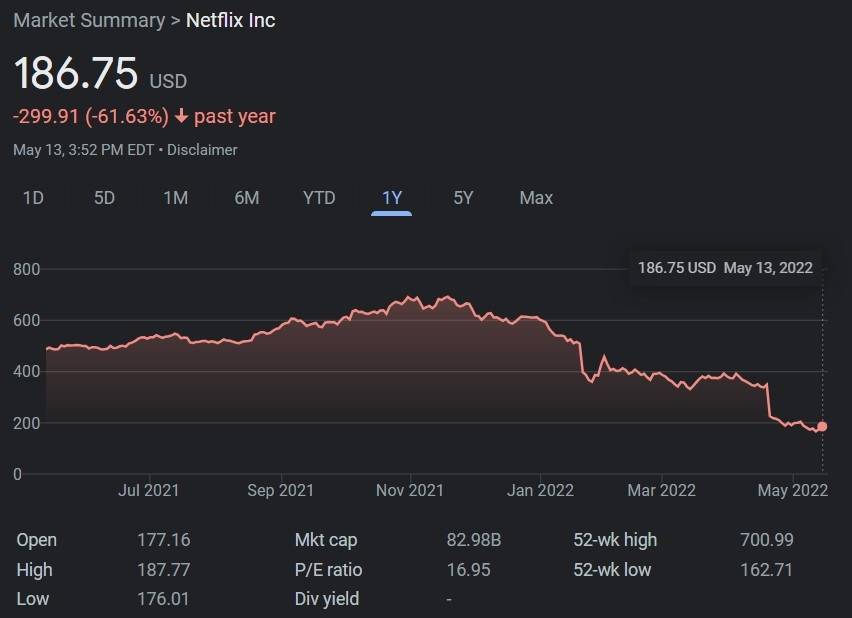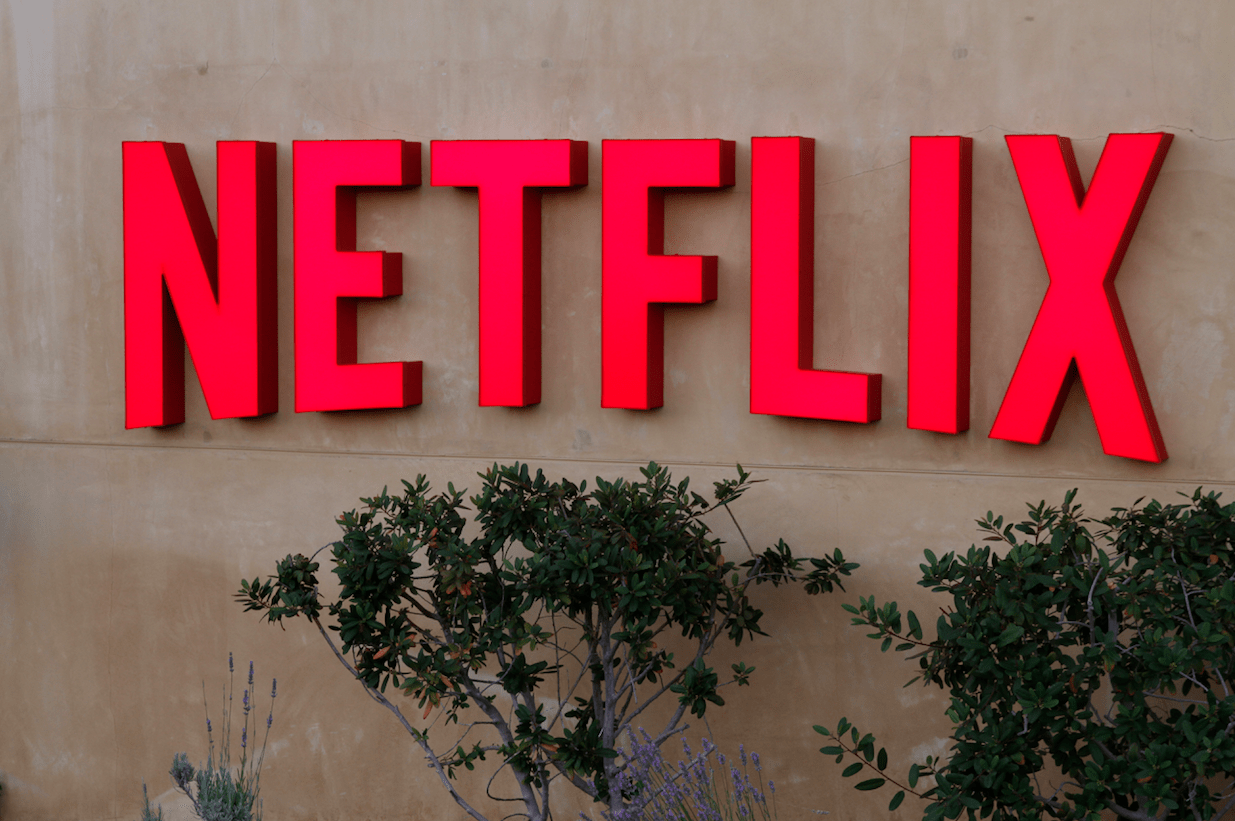
Netflix Updates Corporate Culture Policy by Warning Employees Over Their Wokeness and Adding an Anti-Censorship Section Vowing to Spend Their Customers’ Money “Wisely”
It would seem that Netflix may have had enough of the wokeness of their employees and how much power they have as they have made some major changes to their company culture policy. It’s likely the backlash over last year’s Dave Chappelle special has a lot to do with these changes. If you forgot, there were many lefties both inside and outside of the company who thought Chapelle was transphobic. This led to Netflix firing and suspending certain employees over leaking financial information on Chappelle and his special, The Closer.
Now, Netflix has revamped the company culture policy changing the “bottom-up” policy to a more “bottom-down” policy, limiting “wokeness” and adding an anti-censorship section. Netflix also seems to be more worried about losing customers and their money as they are now vowing to spend members’ money more “wisely.” However, much of the new policy’s limitation on wokeness is more controlling of the employee wokeness affecting the company, and not necessarily the company’s own wokeness on their own terms, as you’ll see in the policy.

One major new section is the “artistic expression” component of the policy. “Not everyone will like—or agree with—everything on our service,” the policy states. “If you’d find it hard to support our content breadth, Netflix may not be the best place for you,” it continues. This is an obvious hint that employees may want to leave the company if they cannot agree with the content, even adding that they may need to work on projects they “perceive to be harmful.”
The question is, will projects and content like Cuties and other pedophilia-based content not be permitted to be questioned?
In the new policy segment, this is where Netflix touches on anti-censorship as well and asserts that “entertaining the world is an amazing opportunity and also a challenge because viewers have very different tastes and points of view. So we offer a wide variety of TV shows and movies, some of which can be provocative,” the new section reads. The policy continues with “we support the artistic expression of the creators we choose to work with” and that “we let viewers decide what’s appropriate for them, versus having Netflix censor specific artists or voices.”
Not bad, Netflix, but maybe don’t allow the exploitation and sexualization of children? Just an idea…
Netflix does, however, still advocate for “diversity and equity” in this policy, so wokeness isn’t completely removed, but they are taking several steps back from just hoe woke the company was going.
As mentioned earlier, the employees really messed up what could have been a good thing at Netflix. The “bottom-up” way of doing things is going away. The following paragraph has been REMOVED from the company’s policy where they name-dropped Steve Jobs.
We don’t buy into the lore of senior leaders, who are so involved in the details that their product or service becomes amazing. The legend of Steve Jobs was that his micromanagement made the iPhone a great product. Others take it to new extremes, proudly calling themselves nano-managers. The heads of major networks and studios sometimes make many decisions in the creative process of their content. We do not emulate these top-down models because we believe we are most effective and innovative when employees throughout the company make and own decisions.
So, in other words, Netflix employees have screwed up so bad that instead of having more control over the company, they have now given control back to the executives and upper management. That’s actually a shame, really. Netflix should have just created some simple rules instead of going all out and flipping the “bottom-up” style in reverse.
I’m not saying Netflix is now on everyone’s good graces, because I know they aren’t. However, this is at least somewhat good news on the culture war front. Now if we can just make sure no more pedophilia content is created, that’d be great.
But what do you think? Let us know in the comments below.

